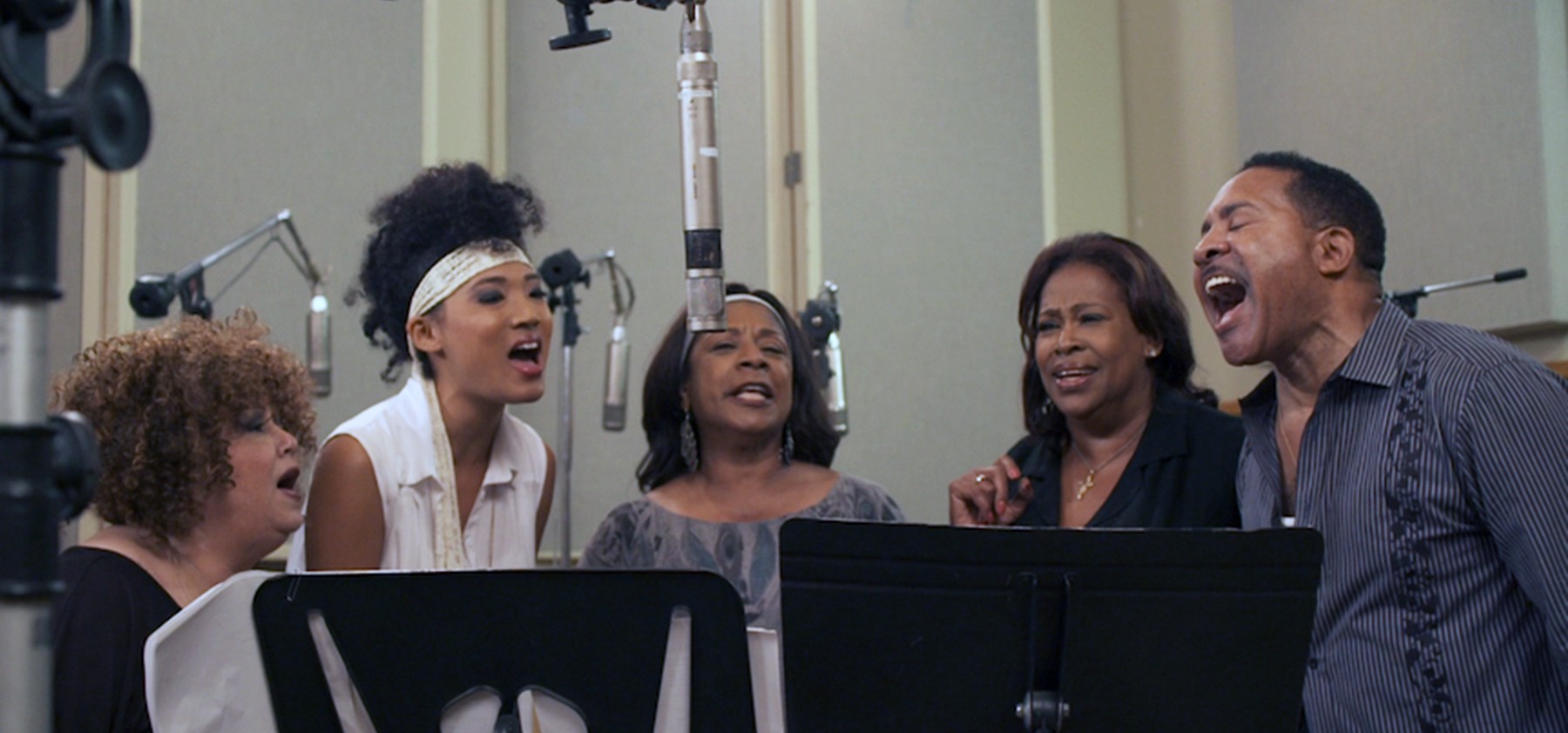I find it difficult to believe this was the best documentary of 2013, winning as it did the Oscar for that year. This delivers very little in the way of emotional connection or any especially revelatory or indeed relevant discussion of the material, and it couldn’t be more consciously biased when it comes to the ethnicity of the people involved. It deals with the story of back up singers trying to make it big by themselves as solo artists, but we only really hear from black singers, in fact despite comparing them to white girls at the beginning of their career near the start of the film one could certainly be forgiven for thinking there weren’t any white back up singers for decades, and indeed this is the only time the film touches on the issue of race within the industry – it seems to be suggesting its importance and then ignoring it, whilst underpinning it with its limited spread of interviewees, and since it’s purportedly about the facet of the business in general it feels slightly off. We hear from one white girl who mostly talks about how great the others are and toward the end we finally see her singing and the camera keeps jerking back to her as it inevitably pans to the black women beside her, as if someone was saying to the cameraman ‘whoops, no, better get some more shots of the token white girl in there!’. I can only suppose that white guilt after watching ’12 Years a Slave’ played a part in guiding this to success. There is also a suggestion of inherent differences in talent – are black women universally more powerful than white women? I shall have to investigate …
This race issue is kind of a sidenote though – the real problem is that it feels like we’re watching a bunch of people bemoan their ill fortunes (some of them are quite content with their lives and the successes they had though) because it was tough for them and they didn’t make it to the top despite being really talented (they are all amazing singers), but you find yourself thinking ‘what did you expect’? They were going into the music industry for goodness sake, and in no way does their experiences make them unique or indeed differentiate their path from anyone else going into any creative profession, success is never guaranteed for anyone going down that road, often regardless of talent, one absolutely needs a strategy and the music industry perhaps more than any other is full of talentless success stories that just played the game well. The women who are interviewed seem united by an inherent lack of any kind of stratagem, they either relied solely on their vocal skill or on labels, and one of them seems particularly aggressive in her approach to dealing with other people in the industry, it would be surprising if that wasn’t a contributory factor to not hitting the big time.
The central aspect of the film doesn’t work and it’s impossible to feel much for the women who’s stories we hear, or perhaps even really believe them – they start moaning about their bodies being objectified (once again, music industry, hello), which is very much jumping on a modern day band wagon, when one of the interviewers, the only time they interject to pick them up on something, says ‘But didn’t you do Playboy?’, to which the answer is ‘Oh yeah, there was that.’ Ha! In the background though, we do find more interesting material, smaller discoveries about the world of backup singing lying by the wayside of the main narrative, and there is a lot of good music in there too, but it’s so limited – I don’t recall there being any mention of Tina Turner, for example, who famously started out singing backup for her husband to be Ike Turner, and then who did make it big as a solo artist, which is a fairly unforgivable omission.
One of the best moments is Merry Clayton talking about her role singing for ‘Gimme Shelter’, one of the Stones’ most iconic tracks …
…

